I got 11 upvotes on a Ho Chi Minh quote in the clown shoes thread. Was that all you guys?
TheConquestOfBed
If loving the third world makes me silly, if wishing for the end of imperial hegemony makes me a clown, then I will wear grease paint with my head held high.
The First World consisted of the rich countries in North America, Western Europe, Australia, and Japan, all of which had gotten wealthy while engaging in colonialism. Their leading power, the United States, was late to that game, at least outside North America, but it certainly played. The young United States took control of the Louisiana territories, Florida, Texas, and the Southwest by waging war or threatening to attack.9 Then, Washington took over Hawaii after a group of businessmen overthrew Queen Liliuokalani in 1893, and gained control of Cuba, Puerto Rico, and the Philippines in the Spanish-American War of 1898. The Philippines, the second-largest country in Southeast Asia, remained a formal colony until 1945, while Cuba moved into the informal US sphere of influence in Central America and the Caribbean—where US Marines intervened a dizzying twenty times, at least, by 1920—and Puerto Rico remains in imperial limbo to this day.10
The “Second World” was the Soviet Union and the European territories where the Red Army had set up camp. Since its founding, the USSR had publicly aligned itself with the global anticolonial struggle and had not engaged in overseas imperialism, but the world was watching how Moscow would exert influence over the occupied nations of Central and Eastern Europe.
And then there was the “Third World”—everyone else, the vast majority of the world’s population. That term was coined in the early 1950s, and originally, all of its connotations were positive. When the leaders of these new nation-states took up the term, they spoke it with pride; it contained a dream of a better future in which the world’s downtrodden and enslaved masses would take control of their own destiny. The term was used in the sense of the “Third Estate” during the French Revolution, the revolutionary common people who would overthrow the First and Second Estates of the monarchy and the clergy. “Third” did not mean third-rate, but something more like the third and final act: the first group of rich white countries had their crack at creating the world, as did the second, and this was the new movement, full of energy and potential, just waiting to be unleashed. For much of the planet, the Third World was not just a category; it was a movement.
- Vincent Bevins: The Jakarta Method (2020)
After World War I, I made my living in Paris, now as a retoucher at a photographer’s, now as painter of “Chinese antiquities” (made in France!). I would distribute leaflets denouncing the crimes committed by the French colonialists in Viet Nam.
At that time, I supported the October Revolution only instinctively, not yet grasping all its historic importance. I loved and admired Lenin because he was a great patriot who liberated his compatriots; until then, I had read none of his books.
The reason for my joining the French Socialist Party was that these “ladies and gentlemen” - as I called my comrades at that moment - has shown their sympathy towards me, towards the struggle of the oppressed peoples. But I understood neither what was a party, a trade-union, nor what was socialism nor communism.
Heated discussions were then taking place in the branches of the Socialist Party, about the question whether the Socialist Party should remain in the Second International, should a Second and a half International be founded or should the Socialist Party join Lenin’s Third International? I attended the meetings regularly, twice or thrice a week and attentively listened to the discussion. First, I could not understand thoroughly. Why were the discussions so heated? Either with the Second, Second and a half or Third International, the revolution could be waged. What was the use of arguing then? As for the First International, what had become of it?
What I wanted most to know - and this precisely was not debated in the meetings - was: which International sides with the peoples of colonial countries?
I raised this question - the most important in my opinion - in a meeting. Some comrades answered: It is the Third, not the Second International. And a comrade gave me Lenin’s “Thesis on the national and colonial questions” published by l'Humanite to read.
There were political terms difficult to understand in this thesis. But by dint of reading it again and again, finally I could grasp the main part of it. What emotion, enthusiasm, clear-sightedness and confidence it instilled into me! I was overjoyed to tears. Though sitting alone in my room, I shouted out aloud as if addressing large crowds: “Dear martyrs compatriots! This is what we need, this is the path to our liberation!”
After then, I had entire confidence in Lenin, in the Third International.
Formerly, during the meetings of the Party branch, I only listened to the discussion; I had a vague belief that all were logical, and could not differentiate as to who were right and who were wrong. But from then on, I also plunged into the debates and discussed with fervour. Though I was still lacking French words to express all my thoughts, I smashed the allegations attacking Lenin and the Third International with no less vigour. My only argument was: “If you do not condemn colonialism, if you do not side with the colonial people, what kind of revolution are you waging?”
Not only did I take part in the meetings of my own Party branch, but I also went to other Party branches to lay down “my position”. Now I must tell again that Comrades Marcel Cachin, Vaillant Couturier, Monmousseau and many others helped me to broaden my knowledge. Finally, at the Tours Congress, I voted with them for our joining the Third International.
At first, patriotism, not yet communism, led me to have confidence in Lenin, in the Third International. Step by step, along the struggle, by studying Marxism-Leninism parallel with participation in practical activities, I gradually came upon the fact that only socialism and communism can liberate the oppressed nations and the working people throughout the world from slavery.
There is a legend, in our country as well as in China, on the miraculous “Book of the Wise”. When facing great difficulties, one opens it and finds a way out. Leninism is not only a miraculous “book of the wise”, a compass for us Vietnamese revolutionaries and people: it is also the radiant sun illuminating our path to final victory, to socialism and communism.
"Woke" was originally a word in the US black community to refer to people who were class conscious. Specifically to be aware of cooptation and trickery by the bourgeoisie and police. Ironically, like a lot of black slang, it was coopted by whites and its meaning was changed to suit their interests.
Due to the association with activists, it came to mean progressivism, then liberalism, and by that point had fallen out of favor by its original users. Now it just means "thing me no like" for conservatives.
My conjecture based on disagreements I've had with them, their goal is to draw in libs so that the marxists actually have people to educate. Without them it kinda became an echo chamber.
Not all factions of the bourgeoisie really care for LGBT people, and the ones that do are hardly capable of grasping queer theory the same way we do. They do fundraisers to feel like they're not imperialist monsters even if they fail in every other way to make our lives less horrible under capitalism.
This will be achieved under socialism only i’m afraid. Although most likely even then there will be no turning back
Hard agree
Unless you mean the thing that really gatekeep art from the workers: talent.
Talent doesn't actually exist. Getting good at art just takes the motivation and resources to spend thousands of hours practicing. It's labor like any other labor. The "talent" that people perceive in artists is just an inclination to pursue that particular form of labor, or the privilege of having the free time to learn it. What differentiates art from other kinds of labor is the manner in which capitalists value it. Most human beings are driven to produce some art or craft, many dream of it as a hobby or mythical career path. But only sellouts usually make it, and the highly competitive market artists exist in ensure only those who are willing to work with the bourgeoisie rise to the top, while those who want to pursue art for pleasure or escapism are barred from popularity. Plenty of artists who charge a pittance for their work can create things just as well as any "pro", the difference is that they grew up proles and didn't win the lottery. It's the same game the bourgoisie pulls with sports players. Plenty of people around the world are absolutely jacked and spend all their free time thinking about sports. But the ones who make it sell their performance to the bourgeoisie.
You do need to put time and labour in the AI generation. Currently generating something decent require dozens of tries and most likely also post processing to remove artifacts.
Key word: currently. As they get more refined, they will learn what humans find proper and what we don't, and those roles will be automated out too, or someone will design tools specifically for the purpose of automating them out.
If anything the amount of “gruntwork” will increase.
Why would capitalists pay 5 people $35000 per year ($175k total) to produce a couple dozen sketches per day at best, when they can pay one person $60k-$80k per year to make hundreds of finished works. AI works have the speed of being a punch-press operator with the fine-tuning of a CNC-miller. We haven't really seen custom work of this scale before. I think it will be a preview into what physical labor will look like with cheap modular robotics vs current methods based on machine operation and support crews.
Your argumentation is silly because it is exactly what happened with all other automatized trades: it eventually gets concentrated.
I agree with this. I think there will be fewer professionals who get paid more while simultaneously producing more, which will cut out a lot of the skilled workers the same way the first wave of industrialization replaced blacksmiths with metal workers and engineers. But I think in this case the people doing the cheap dataset training won't necessarily need to be artists and they'll probably be outsourced to third parties. So the only artists necessary are the ones telling the AI "create x images based on this drawing I uploaded". And since most companies want a uniform style across their product line, they won't want multiple artists messing with that data, they'll want one person whose style is recognizeable. Similar to how big name soundtrack musicians currently get all the brand recognition despite having numerous supporting technicians, but with AI performing the role of the technicians. Another example is voice artists and actors. Anyone can have Tara Strong in their work of all they need to do is pay for a few voice samples. Or how in the new star wars movies, they found a Mark Hamill lookalike but still CG'd Hamill's face over the actor, making the actual actor himself just a host for someone with brand recognition.
How is that different from the current state?
Small-time artists don't make money on IP. A lot of them are IP thieves in their own right, and get popular by remixing the works of others. Their own characters and stories usually don't get as much attention and they make most of their money on commissions (ie. a person with no skill needs their skill to make an image). Getting your own characters or story to blow up is seen as "making it" and is extremely rare if they don't already have connections with powerful figures. Most pop culture figures have rich parents when you look into it, including animators that a lot of poor artists look up to. The reason smalltime artists get upset about AI art is because it takes away the only thing they can offer, which is the skill to create something a buyer wants. I would imagine more prolific artists are upset about it because AI will increase competition until only the most recognized brands survive, so a lot can see themselves being cut out of the equation and having all their customers go to people who are already millionaires.
to corral the AI art for the sole exploitation tool for the bourgeoisie massive legislation will be requires
I think this goes along with the myth about github's AI program writer making it easier for newbies to get into programming. All it really does it make Github the keyholder. If you take away the necessity of learning a skill, then the person who owns the tool has all the power. Because you won't know how to produce it yourself and will instead rely on the keyholder to give you the answer. Another example is facebook giving people pre-formatted user pages vs people doing their own html. When a tool does the work for you, you give all the power to that tool and its owner. Sure more people than ever have internet profiles, but at the cost of the real owners selling user data and manipulating their psychology. Rather than democratizing the internet by making it accessible to newbies, it instead promoted walled gardens and placed the control in the hands of big business.
They don’t give a shit for the real art workers producing content already owned by their bosses, they are only interested in their own class interests
I agree with you on this one.
I agree art needs more workers who are paid fairly and don't need to be so competitive to get a decent wage. The gig economy is toxic and offers people less for their work than its true value. A lot of young artists will spend 6-8hrs on a work and charge $30 for it. That's $5/hr! Far lower than minimum wage.
Due to this demand for cheap art, AI turns people who don't do any labor into salesmen who "sample" the labor inputs of others so that they have a product to sell. In this case I side with the artists, and not the wannabe capitalists trying to use technology to wrench the means of production away from the productive forces.
Yeah, most artists are poor as fuck or use it as a second form of income to some shittier job. Calling it "petite bourgeois" to make like $500/yr on commisions is a bit disingenuous. Plus tons of formal artistic work is just making corrections, doing draftwork, or the repetitive gruntwork of someone who has a bigger name than you.
What AI replaces are the above. The people it will elevate are the big-name artists with brand recognition. They'll use AI to do the gruntwork. Instead of teams of concept artists you just get one highly paid person to draft inputs for the computer to interpret and then have it auto-generate hundreds of lookalikes. Architects can use AI to work out the fine details while they just focus on "the vision". Animators won't need tweeners or posers or texture artists or modelers, just someone with a recognizeable art style to feed data.
What AI creates is petit bourgeois content creators. You can already see this on sites that allow AI submissions, where hundreds of copy-paste grifters cheaply produce multiple AI generated images per day, based on someone else's art style, with no skill or talent of their own, and charge people for the copyright. It's taking the ownership of the means of production from laborers and giving it to hacks who would've never put in the effort to learn to do it themselves.
Contrary to popular opinion, copyright and IP make AI image generation more lucrative, because skill is no longer a barrier to entry. What makes an AI work valuable is the "ownership" rights to the image itself, because that's what's being traded in a transaction. In this way it's quite similar to NFTs and draws the same crowd of supporters.
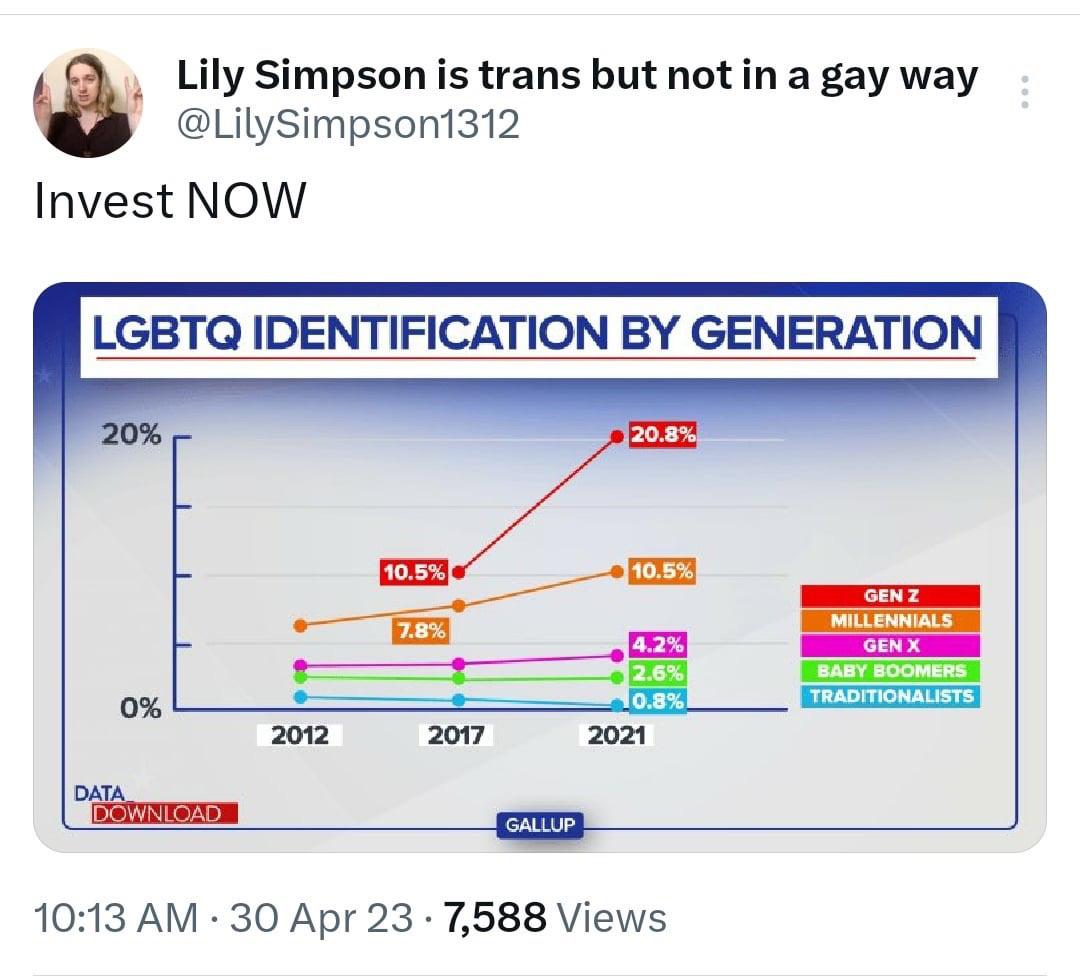
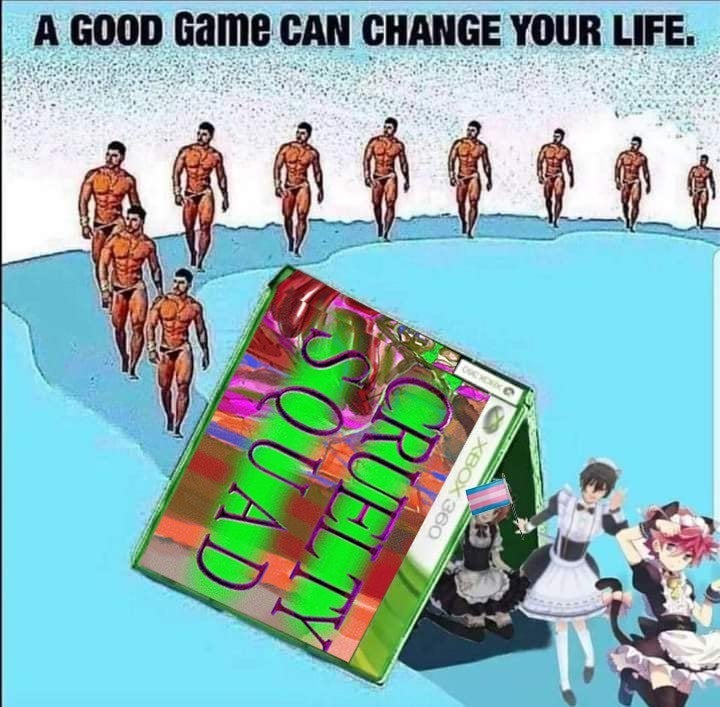


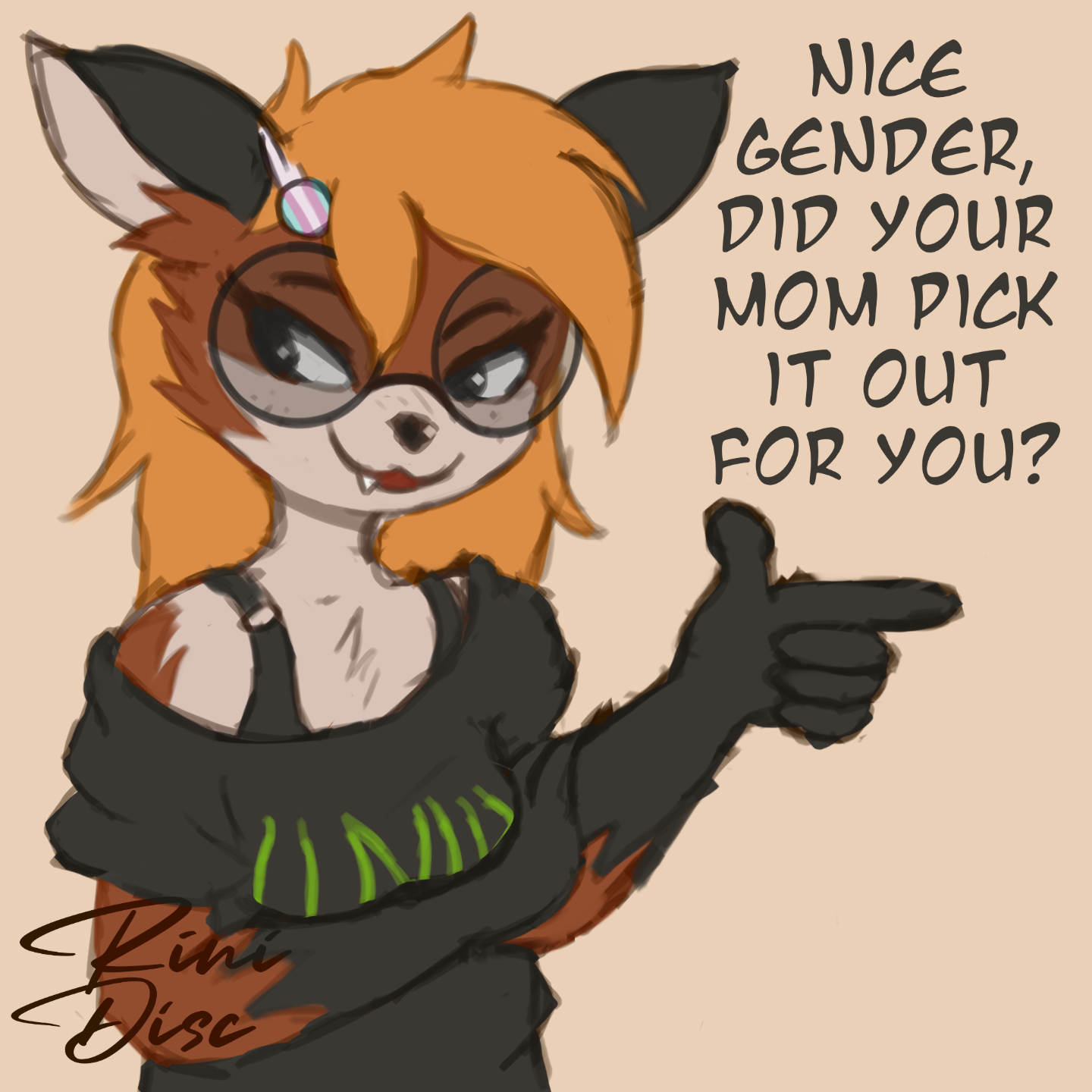
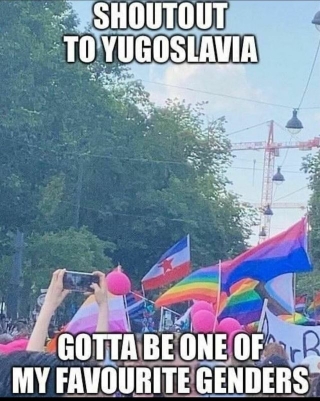
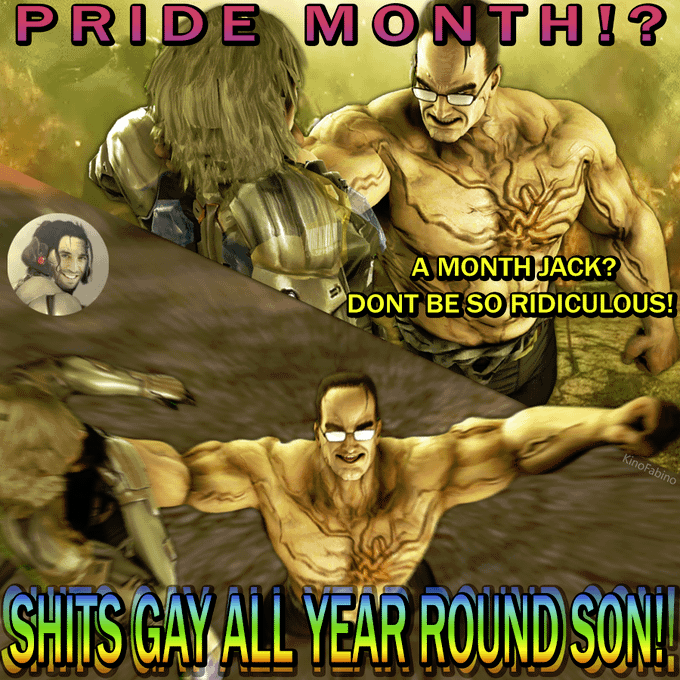
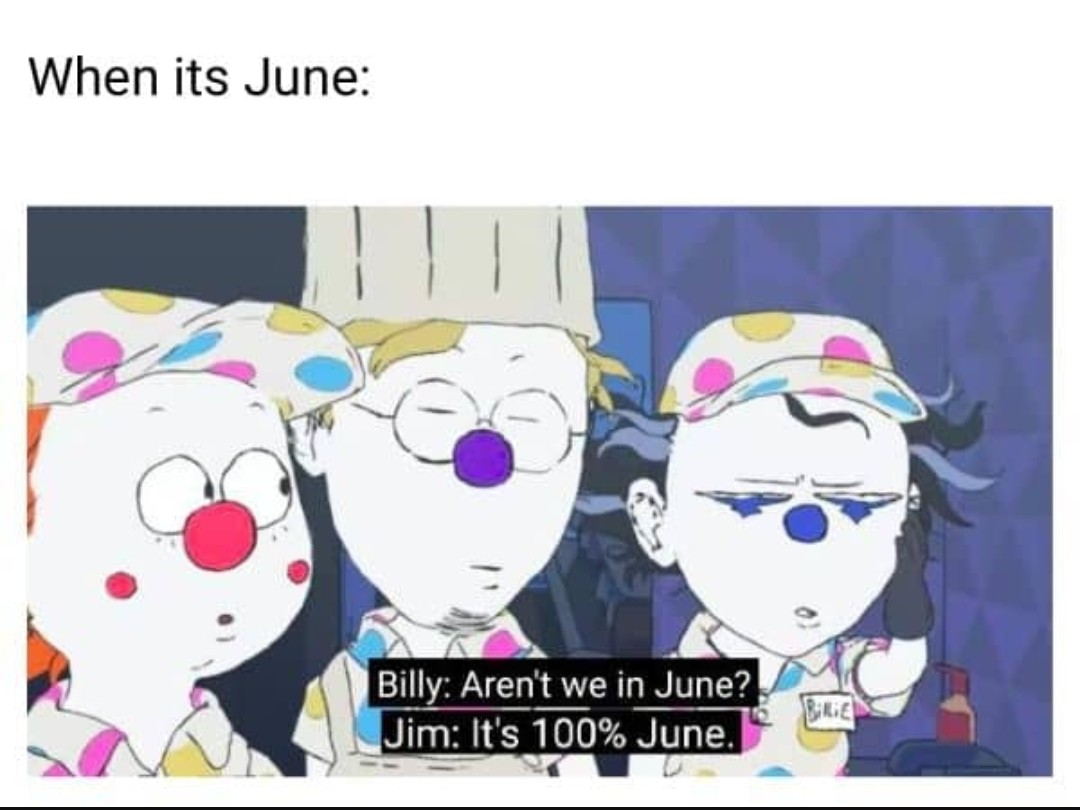
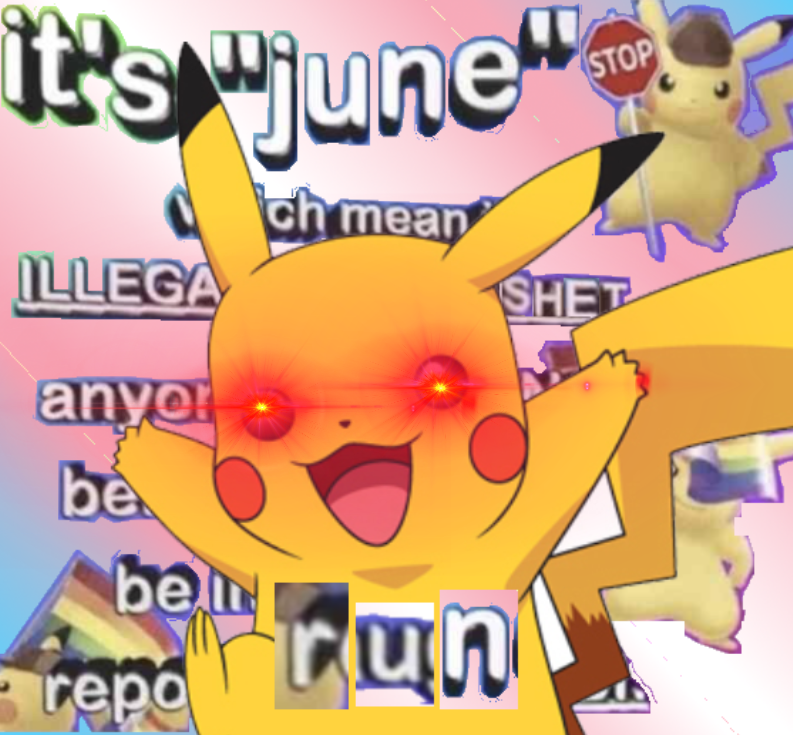
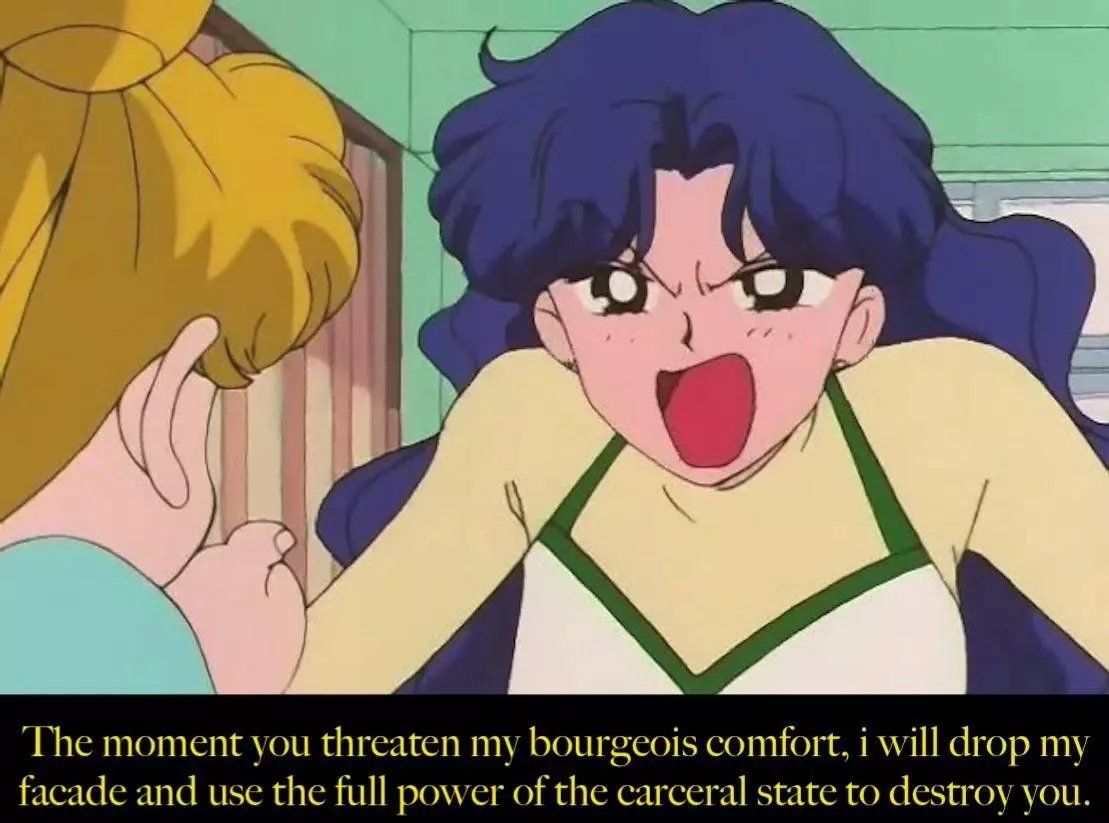
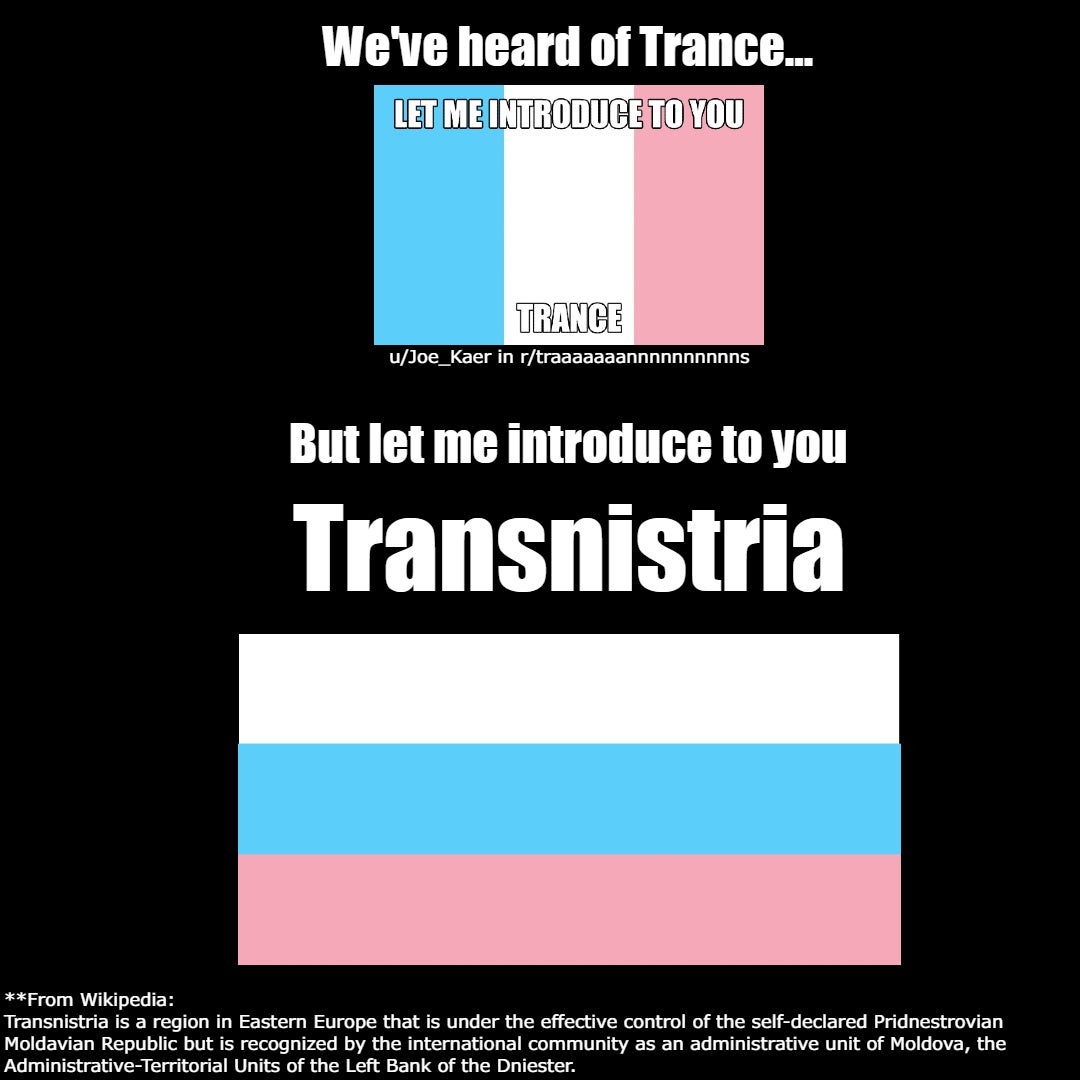
I want to believe
https://en.m.wikipedia.org/wiki/Planet_Nine